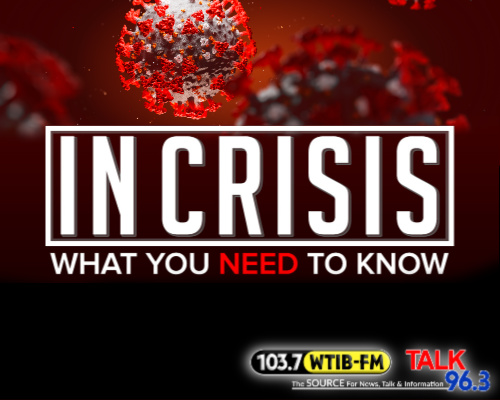COVID-19 numbers
Here’s the latest data on COVID-19 coronavirus infections and deaths.
Latest reported numbers globally per Johns Hopkins University
Global diagnosed cases: 20,318,420
Global deaths: 742,048. The United States has the most deaths of any single country, with 164,545.
Number of countries/regions: at least 188
Total patients recovered globally: 12,606,946
Latest reported numbers in the United States per Johns Hopkins University
There are at least 5,141,879 reported cases in 50 states + the District of Columbia, Puerto Rico and Guam. This is more than in any other country.
U.S. deaths: at least 164,545. New York State has the greatest number of reported deaths in the U.S., with 32,787.
U.S. total patients recovered: 1,714,960
U.S. total people tested: 63,252,257
The greatest number of reported COVID-19 cases in the U.S. is in California, with 578,946 confirmed cases out of a total state population of 39.51 million. That is second only to Sao Paulo, Brazil, which has 628,415 cases, as the most reported cases of any single region in the world.
COVID-19 headlines
Government partners with Moderna to produce 100 million COVID-19 vaccine doses
The U.S. Department of Health and Human Services and the U.S. Department of Defense announced late Tuesday that they’ve entered into a deal with Moderna for 100 million doses of the COVID-19 vaccine the pharmaceutical giant is currently testing. The deal, worth up to $1.525 billion, would provide vaccines — once approved by the FDA — free of charge to Americans, separate from what healthcare providers might charge to administer them. The deal also allows the government to purchase an additional 400 million doses. Moderna is one of six companies with COVID-19 vaccines currently in Phase III trials involving thousands of volunteers. The others, with whom the U.S. government also has recently struck similar deals, include Pfizer, Novavax, Oxford/AstraZeneca, Johnson & Johnson, and Sanofi and GlaxoSmithKline.
CDC issues guidelines to deal with ‘mask bullying’ in schools
As more school districts around the country wrestle with allowing students to return during the pandemic or take classes from home, the Centers for Disease Control and Prevention has issued new face mask guidance for K-12 schools and students. The guidance includes including having a plan in place to address bullying and angry parents. “Stigma, discrimination, or bullying may arise due to wearing or not wearing a cloth face covering,” the CDC guidance declares. “Schools should have a plan to prevent and address harmful or inappropriate behavior.” The CDC also notes that since not all families may agree with mask policies, “schools should have a plan to address challenges that may arise and refer parents, caregivers, and guardians to CDC’s guidance on cloth face coverings.” However, the CDC guidance stops short of offering any plan specifics or recommendations. The majority of the CDC guidance addresses practical considerations of COVID-19 protection via wearing masks, social distancing and sanitary practices, as well as specific guidance regarding young children wearing face coverings. It also recommends adding cloth face coverings to “back to school” shopping lists.
Pac-12 and Big Ten postpone all sports, including football, due to COVID-19
In a hard blow to collegiate sports fans, the Pac-12 Conference announced Tuesday that it’s postponing all sports through the end of 2020 due to the pandemic. “Unlike professional sports, college sports cannot operate in a bubble,” Pac-12 Commissioner Larry Scott said in the statement announcing the decision. “Our athletic programs are a part of broader campuses in communities where in many cases the prevalence of COVID-19 is significant. We will continue to monitor the situation and when conditions change we will be ready to explore all options to play the impacted sports in the new calendar year.” Earlier Tuesday, the Big Ten Conference announced that it too is postponing the football season, as well as all other fall sports. “As time progressed and after hours of discussion with our Big Ten Task Force for Emerging Infectious Diseases and the Big Ten Sports Medicine Committee, it became abundantly clear that there was too much uncertainty regarding potential medical risks to allow our student-athletes to compete,” Big Ten Commissioner Kevin Warren said in a statement.
